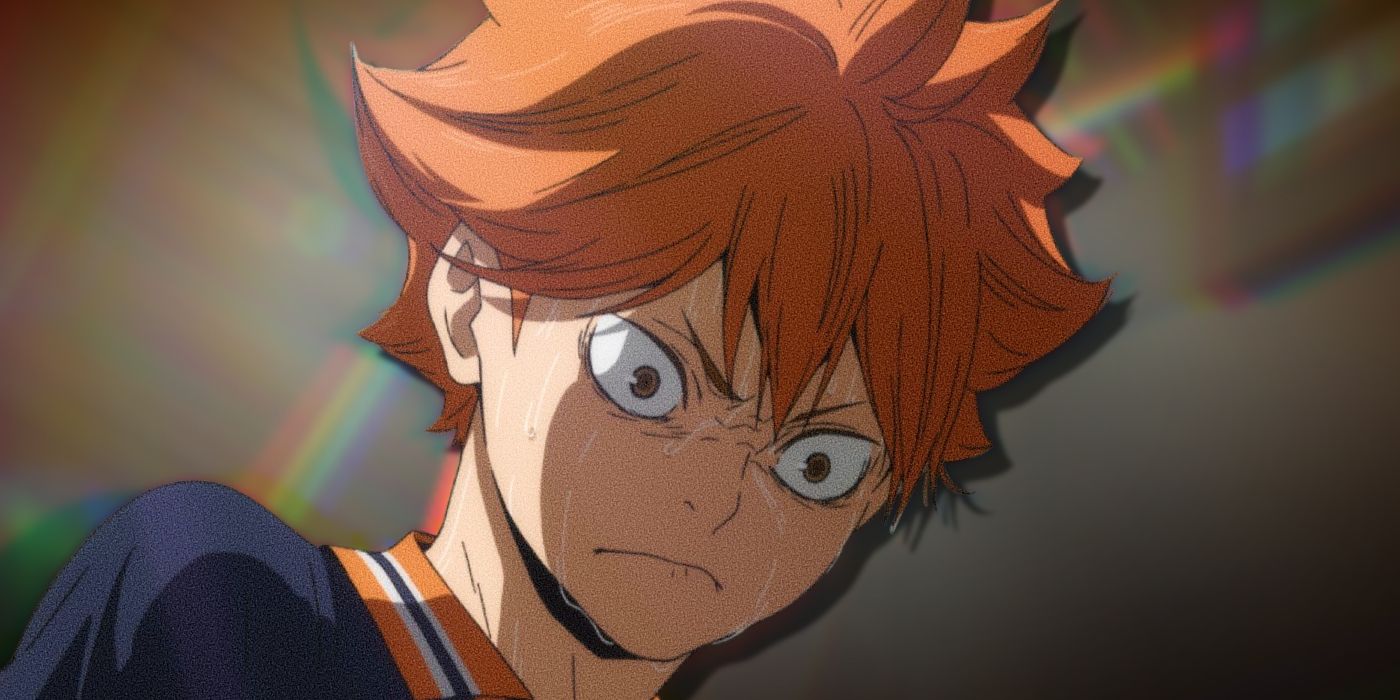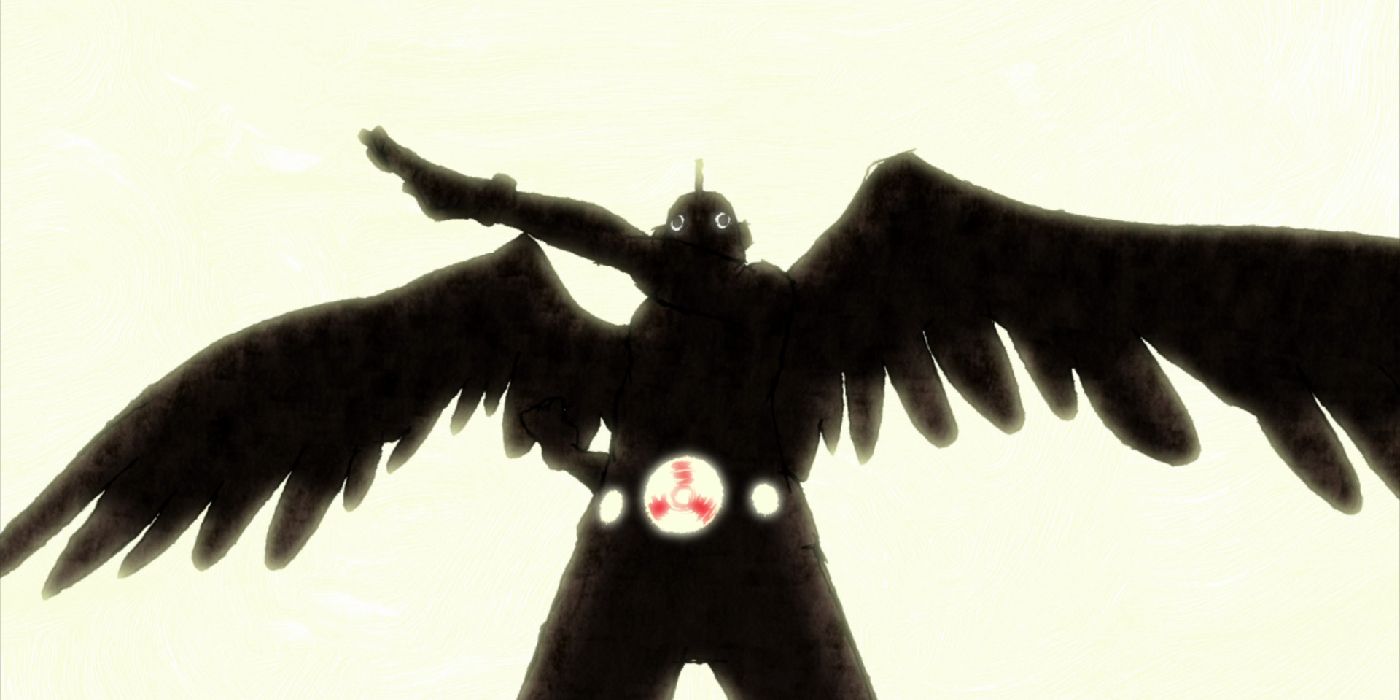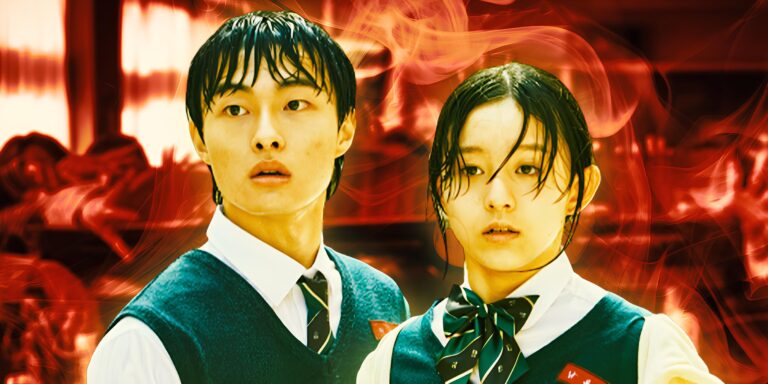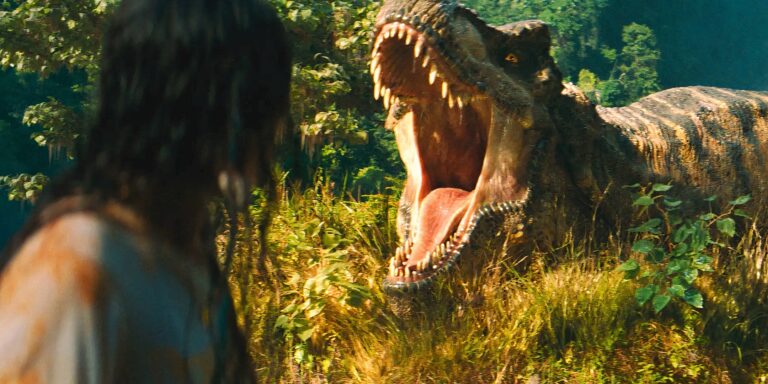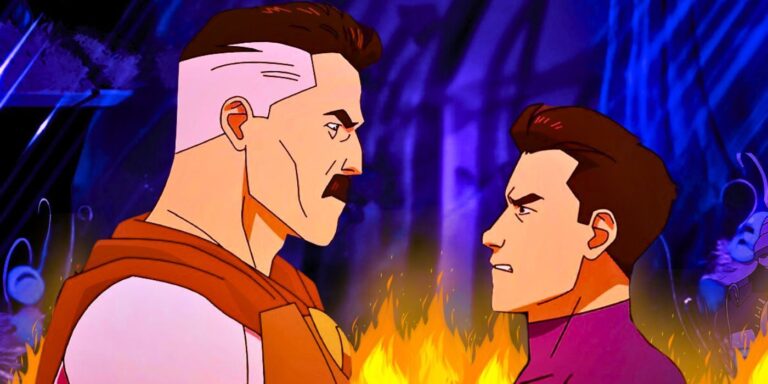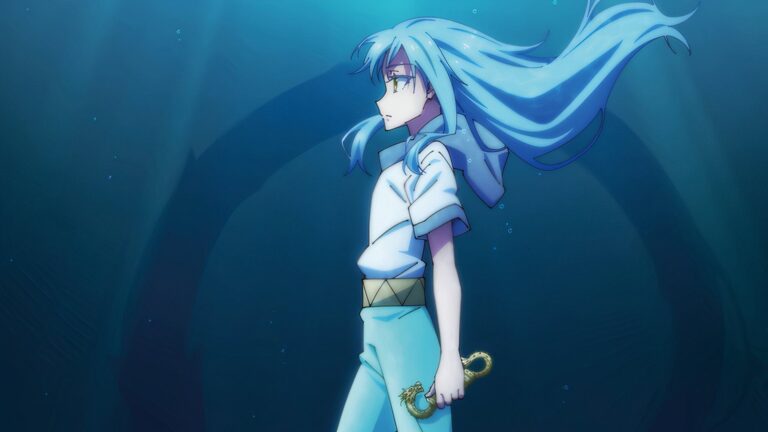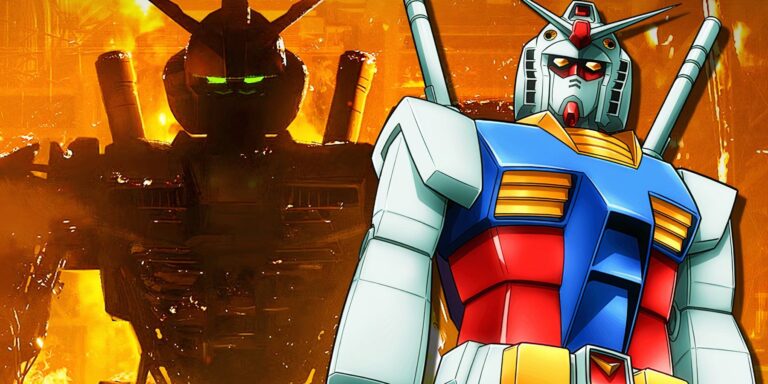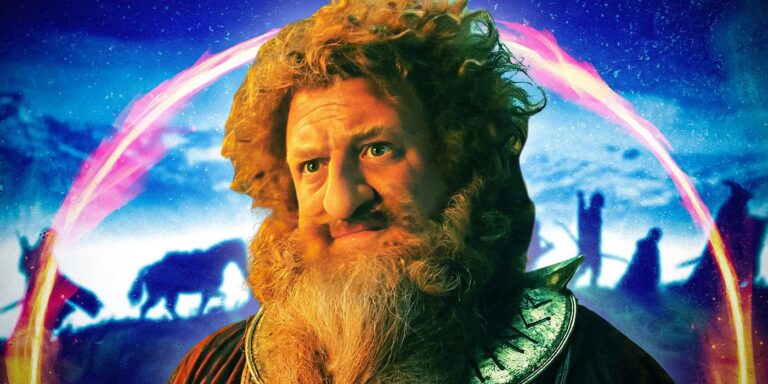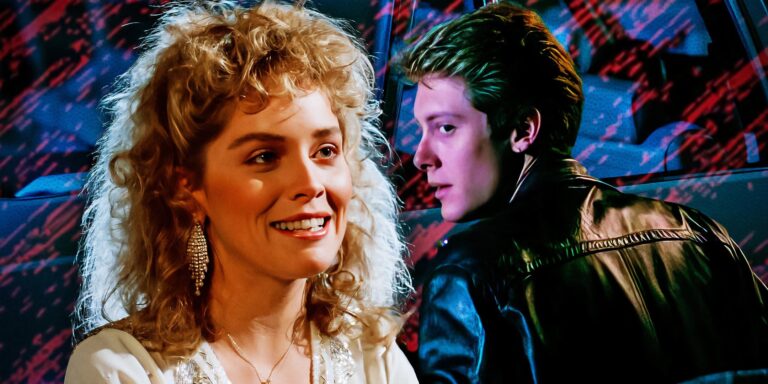To say that Haikyu!! is popular would be an understatement. Production I.G.’s adaptation of Haruichi Furudate seminal shonen manga enjoyed the kind of international attention and success that sports anime rarely see outside of Japan. Haikyu!! is so popular that it’s having a real-world effect on Japan, with volleyball club memberships absolutely skyrocketing in the wake on the series’ success. Haikyu!! isn’t just regarded as one of the best sports anime of all time, to many fans it’s a top contender for one of the best anime period. Yet, for me personally, there’s another 2014 sports anime that has it beat.
None of that is to imply that Haikyu!! is bad or that it doesn’t deserve its fan base. Production I.G. is nothing if not consistent, and their solid track record with sports anime continues with Haikyu!!. This is a gorgeous anime with memorable characters, an engaging plot, and enough twists that it still feels fresh. Yet, despite all of its originality, Haikyu!! is still very much a standard shonen sports series. I can appreciate it for what it is, but its following of convention is exactly why 2014’s other great sports anime will always hold a bigger place in my heart.
Sorry Haikyu!! But Ping Pong The Animation is Still 2014’s Best Sports Anime
Its Unique Animation and Introspective Tone Make It a True Winner
Directed by Masaaki Yuasa and based on the manga by Tekkonkinkreet mangaka Taiyō Matsumoto, Ping Pong the Animation was a divisive anime when it released in 2014. The series follows two young ping pong prodigies, Peco and Smile, as they develop their skills and compete against some of their generation’s greatest players. Along the way, the duo are not only tested by each other, but also by a disgraced player from China named Kong and Japan’s current #1 high-school player, Dragon.
One Piece
mangaka Eiichiro Oda himself has actually offered praise to the original
Ping Pong
manga.
Yuasa has an incredibly distinct style that’s evident in all his works despite each looking different. None of Yuasa’s anime have a style as controversial as Ping Pong the Animation though. Faithfully adapting Matsumoto’s gritty and sketchy art from the original manga, Ping Pong the Animation employs a loose art style emphasizing movement and fluidity, selling the dynamism of ping pong matches.
With its slower plot and strange aesthetic, it’s easy to write Ping Pong off and I certainly couldn’t blame any anime fan for doing so. For me, however, it’s the series’ most controversial elements that make it one of the few sports anime that I don’t just enjoy, but that I’m genuinely obsessed with.
Ping Pong the Animation’s Experimental Style Left Me Speechless
When described outright, there are many aspects of Ping Pong’s story that sound utterly conventional. The story of two prodigies who are friends, but face challenges that lead them to become rivals is hardly unique, even outside of the world of sports anime and manga. If one squints hard enough, that description could even fit with shonen juggernauts like Naruto. There’s a reason, though, that reading the Wikipedia summary for a show is no substitute for watching it.
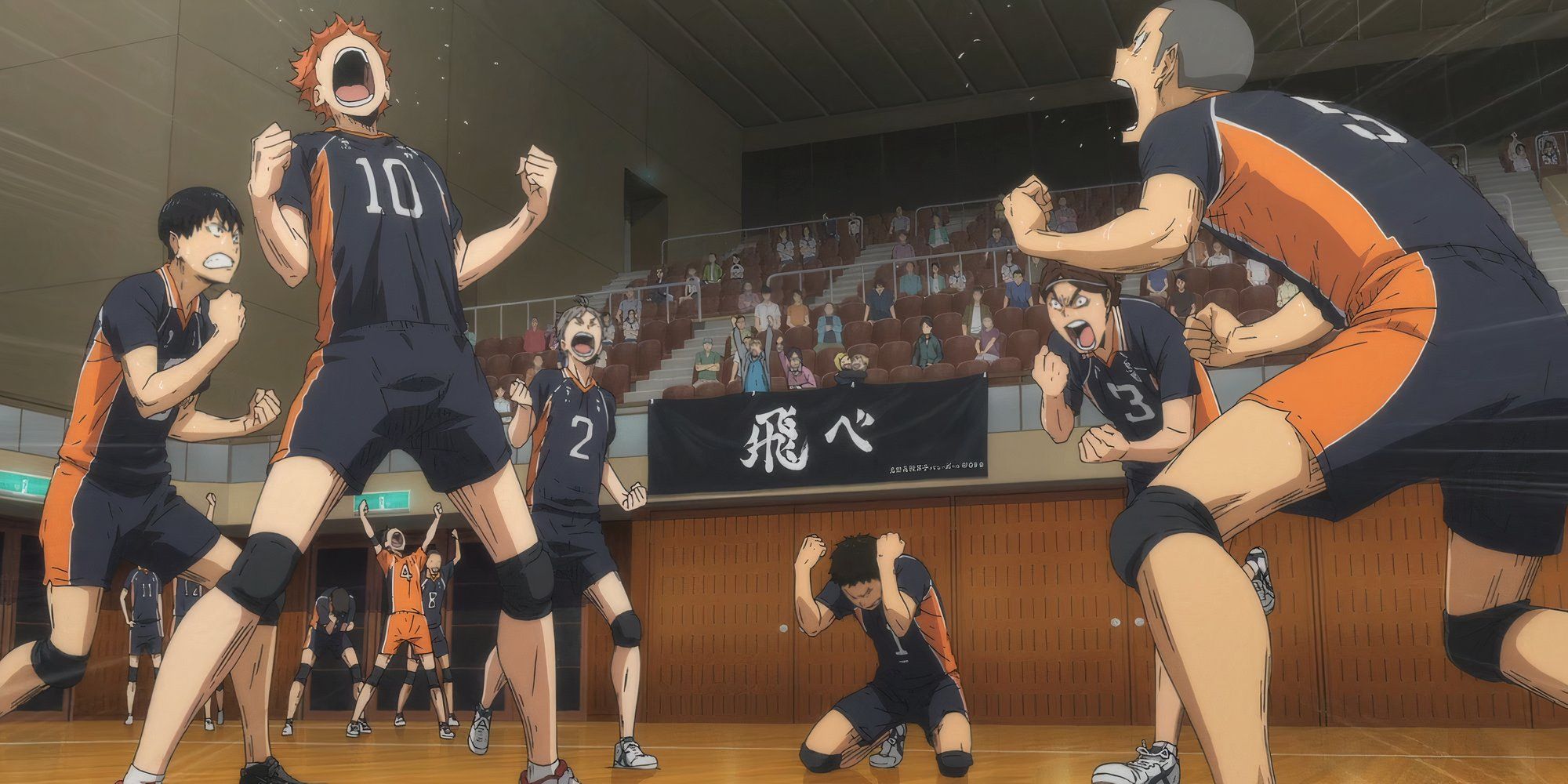
Related
Every Haikyu!! Arc, Ranked
Haikyu!! is one of the best sports anime of all time and the best one about volleyball. Each of its arcs add something to the story and characters
What a basic description of Ping Pong’s plot would fail to capture is the deep psychological exploration of young talent. While Smile and Peco fit into broad character archetypes, much of the series focuses on breaking them down to build them back up. Smile appears like an emotionless robot on the surface, but the reasons why he makes himself emotionally unavailable are complex and multifaceted.
This is where Ping Pong’s animation truly does some heavy lifting. Yuasa has created some of the most evocative anime imagery in recent memory. Ping Pong is a phenomenal example of this. When the series chooses to represent Smile and Peco’s psychological state with imaginative sequences, the result is nothing short of breathtaking. The scenes where Smile imagines a hero coming to rescue him are particularly memorable, as they’re dripping with symbolism and should give fans a good hint about what’s really going on with the character.
Ping Pong’s Experimental and Weird Style Was Always Going to Be The Clear Winner For Me
Every medium, regardless of how artsy or avante-garde it is, has its formulas and tropes. Anime is no exception, and that’s part of what makes it resonate with so many fans, myself included. Humans have been telling stories for so long that every piece of fiction is a patchwork of elements borrowed from somewhere else. Still, though true originality might be a futile goal, it is a noble endeavor I’ll always applaud.
I think, at the end of the day, this is why something like Ping Pong appeals to me much more than a more conventional series like Haikyu!!. With its distinct style and focus on psychoanalyzing its heroes, there’s just something that feels new about Ping Pong. Haikyu!! is executed very well, and is an exemplary sports story, but it also doesn’t break any boundaries despite its numerous fun twists.
Going even beyond that though, Ping Pong grapples with themes that have weighed on me for much of my adult life. There’s a point in Ping Pong where a character who has devoted their whole life to the sport faces a crushing defeat. They had put in the hard work, had done the homework, but still they came up short, and it’s there that they realize they’ll always come up short. No matter how much blood, sweat, and mental anguish they give, it will never be enough.
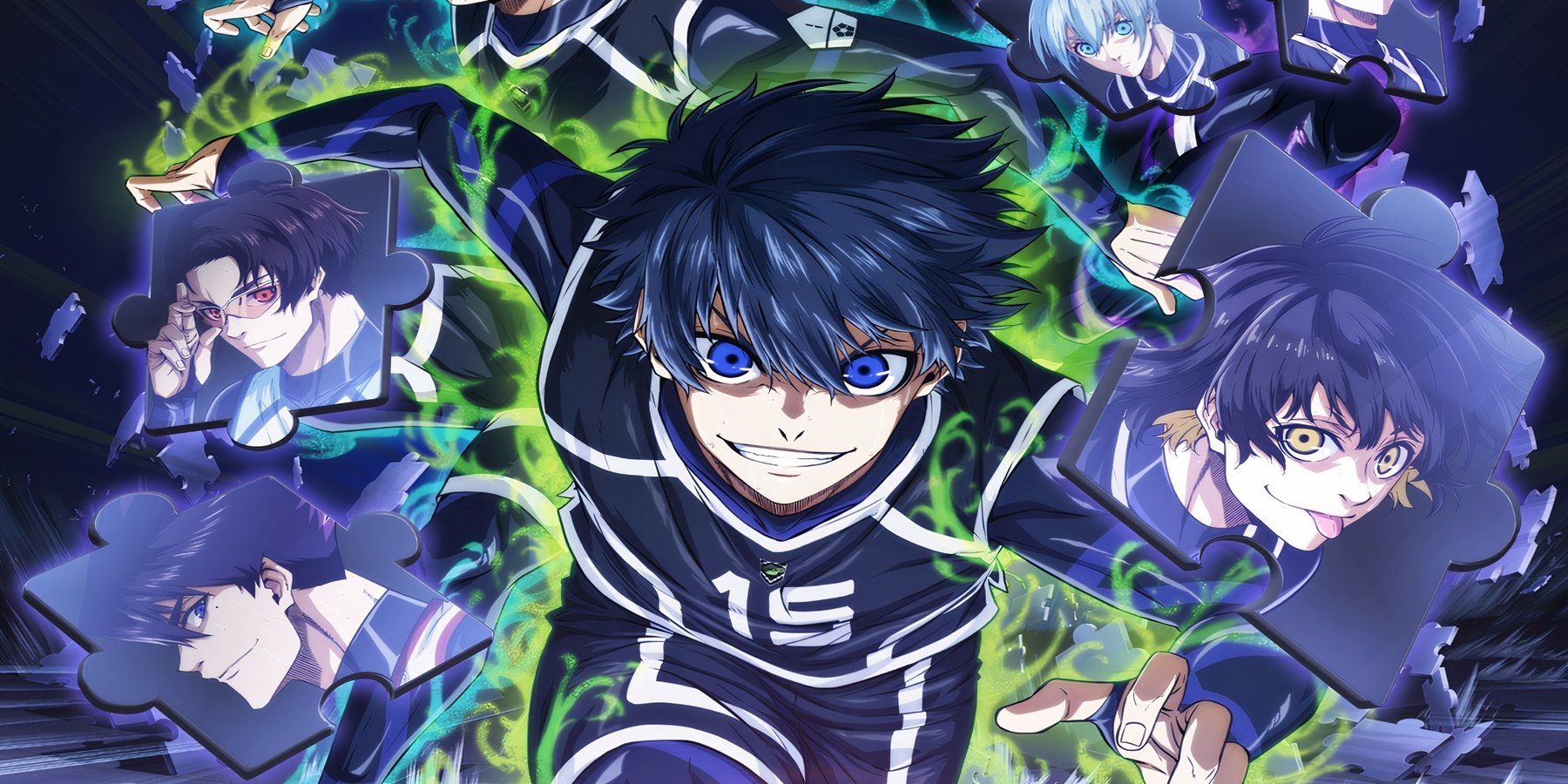
Related
Blue Lock Is the Opposite Of All Other Sports Anime, and That’s Why It Made Me a Fan of the Genre
Blue Lock hooks people who are not fans of sports from the first episode with its unique focus on the individual, rather than the team.
I’ve been thinking about that character for a long time now. I don’t know if I fully agree with Ping Pong’s assessment that hard work without talent is wasted, but I do know that I appreciate it asking the question at all. In sports anime and manga, hard work is almost always enough to overcome raw talent. But what about when it isn’t? What happens to a person when they have to grapple with the possibility that not only are they not good enough for their dreams… but that they’ll never be good enough?
Being fair, these aren’t exactly foreign questions to something like Haikyu!!, as that series’ main characters face their share of big losses. However, with its emotionally charged imagery and its more introspective tone, Ping Pong is better equipped to tackle the psychological toll of failure. One Piece creator Eiichiro Oda once said that the reason Luffy doesn’t kill his enemies is because shattering their dreams is a worse fate. After watching Ping Pong the Animation, I’m left with the uneasy feeling that he might be right.
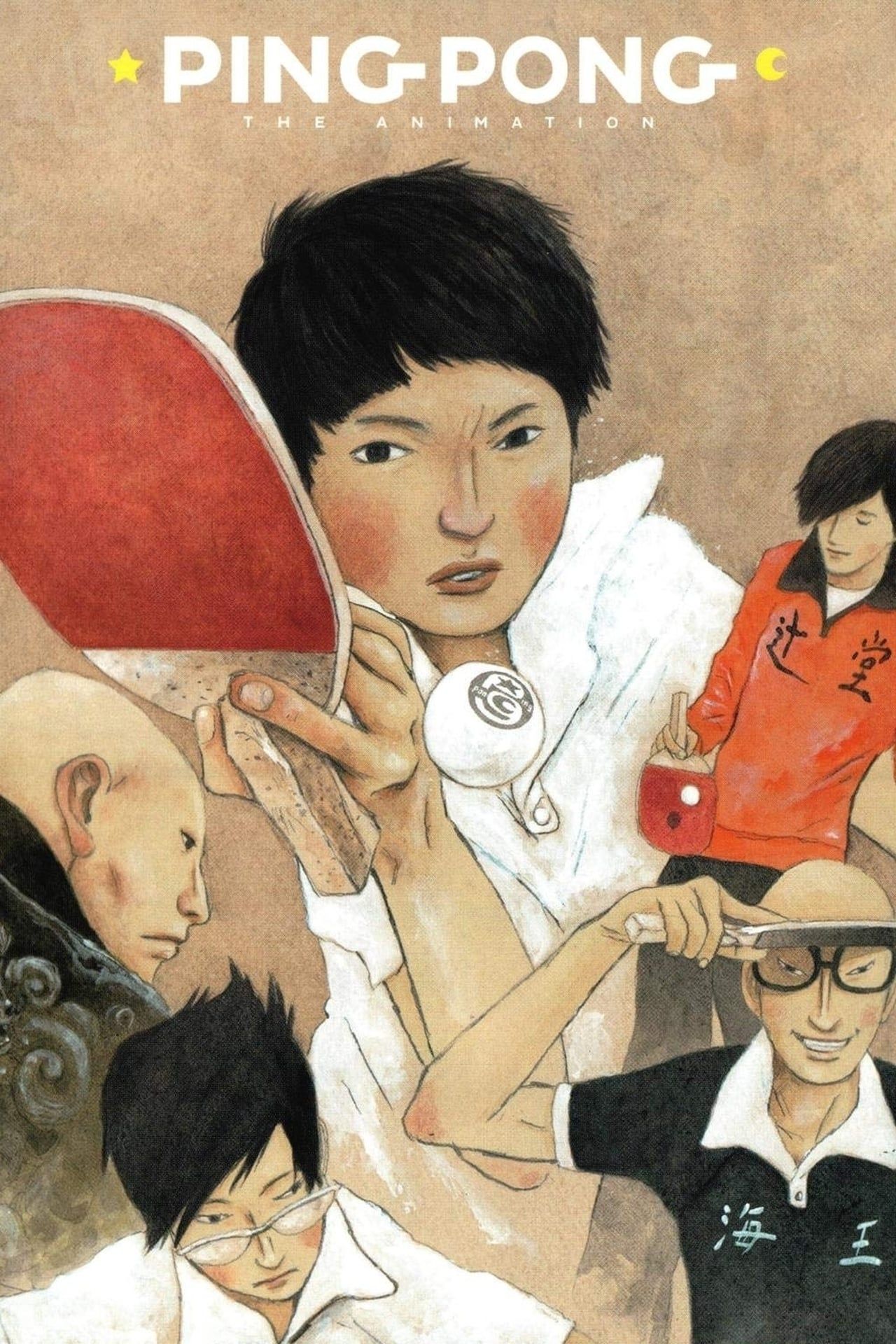
Ping Pong the Animation follows the intense journey of high school friends Peco and Smile, who navigate personal and competitive challenges within the world of ping pong. Directed by Masaaki Yuasa, the series portrays their growth as athletes and individuals under the mentorship of their coach, exploring themes of friendship, defeat, and ambition.
- Release Date
- April 10, 2014
- Cast
- Koki Uchiyama , Aaron Dismuke , Micah Solusod , Alan Chow , Tyson Rinehart , Mark Stoddard , Yusaku Yara , Fukujurou Katayama , Yosei Bun , Masako Nozawa , Pam Dougherty , Marcus D. Stimac
- Character(s)
- Makoto Tsukimoto , Hoshino , Makoto Tsukimoto (English) Kong China Wenge (English) , Ota , Koizumi , Jou Butterfly Joe Koizumi , Yutaka Peco Hoshino , Kon China Wenga , Obaba Tamura , Tamura , Kazama
